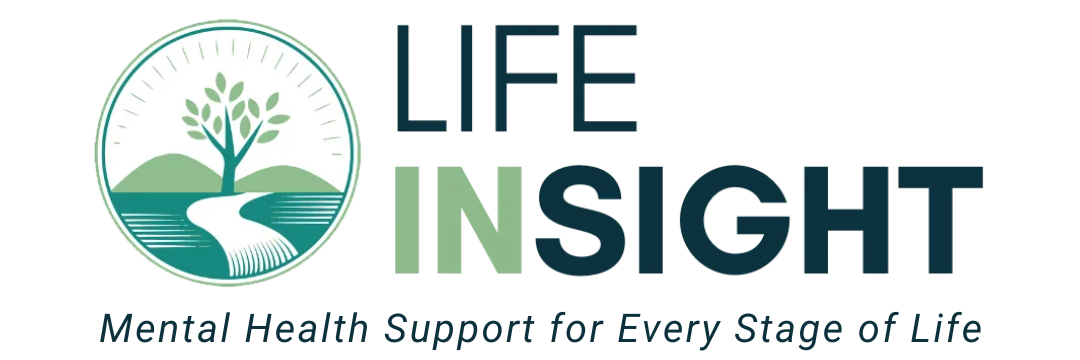Why Summer Is the Best Time to Tackle Anxiety and Build Resilience
Life InSight
The school year can be a whirlwind—deadlines, tests, social pressures, and busy family schedules.
When summer finally rolls around, it often feels like a much-needed exhale. However, at Life InSight, we view summer not just as a break but as one of the most powerful times to focus on mental health and emotional growth.
Why now? Because there's room to breathe.
When life slows down, it creates the space to address challenges without the added pressure of daily school demands. That's especially true for anxiety. Without the stress of academics or social situations, kids and teens are more open to learning new coping strategies. They're not in crisis mode—they're more present, more flexible, and more ready to do the work.
This isn't just about kids, either. Adults often find themselves reflecting more during slower seasons—thinking about patterns, relationships, or how they're showing up at home and at work. Summer gives everyone a chance to reset.
A proactive approach makes all the difference.
Many people wait to seek help until anxiety starts interfering with daily life. But therapy isn't only for challenging moments. The best time to build emotional resilience is when things are calm. That's when you can think clearly, reflect more honestly, and develop tools that will carry you through future challenges.
It's the difference between putting out fires and learning fire prevention.
What we focus on in summer sessions:
- Stress management techniques like mindfulness and breathing strategies
- Social skills development for kids and teens preparing for new grades or schools
- Managing transitions for families facing big life shifts
- College readiness for high school students preparing for the next chapter
- Parent coaching to help caregivers support progress at home
- Diagnostic testing and educational support when needed
Summer also gives families the flexibility to make it to appointments—without juggling homework, sports, and after-school activities. That consistency helps create real momentum.
It's not about doing more—it's about doing the right things.
We're not suggesting you overfill your summer with appointments. Part of our approach is helping families create more ease, not less. Sometimes, that means just a handful of focused sessions. Sometimes, it means starting with a diagnostic evaluation to get clarity and make a plan. The goal is to move forward with intention.
Let's use this season wisely.
If your child struggles with anxiety during the school year, or if you're thinking about how to set your family up for a smoother fall, now is the time to act. Starting during summer sets a solid foundation—and makes the return to school less stressful for everyone.
At Life InSight, we're here to guide you through it. Thoughtfully, gently, and with your goals in mind.
Want to talk it through?
Give us a call or visit lifeinsightcenter.com
to learn more or schedule an initial consultation.





